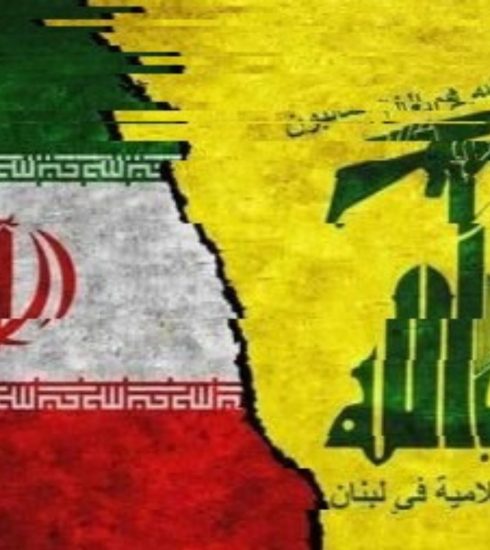Deepak Pahel, AKA Deepak Boxer AKA Ravi Untal AKA Sarvan Singh
In a striking illustration of international law enforcement collaboration, the arrest of Deepak Boxer, a former national-level boxer turned notorious gang leader, marks a significant milestone in the global fight against organized crime. This narrative is not just about the downfall of one of Delhi’s most feared criminals, but it also showcases the extensive and sophisticated efforts of law enforcement agencies spanning several continents. The operation, culminating in Boxer’s arrest in Mexico with assistance from the FBI, demonstrates the relentless pursuit of justice, transcending geographical and jurisdictional boundaries. In this report, we delve into the intricate details of Boxer’s criminal activities, the international manhunt that led to his capture, and the broader implications of this landmark case for law enforcement worldwide.
Deepak Boxer’s Criminal Ascendancy and Activities
Deepak Boxer, originally a national-level boxing champion, diverted from a promising sports career to a life of crime following a fallout with the Sports Authority of India. His leadership of the infamous Gogi gang commenced after the demise of Jitender Gogi, the former head, who was assassinated by rival gang members in 2021. This marked a significant transition in Boxer’s criminal trajectory, elevating him to one of the most feared gang leaders in Delhi.
Boxer’s criminal activities encompassed a broad spectrum of offenses. Notably, he orchestrated the escape of Jitender Gogi from police custody in Haryana, significantly boosting his reputation within the criminal underworld. His audacious operations continued with an attack on police personnel at Delhi’s Guru Teg Bahadur Hospital, facilitating the escape of another notorious criminal, Fajja. The escalation of his criminal activities included the murder of realtor Amit Gupta in August 2022 in Delhi’s Civil Lines area, an act of revenge linked to inter-gang rivalry.
The International Manhunt and Arrest
Deepak Boxer’s arrest in Mexico, with the assistance of the FBI, marked a groundbreaking achievement for the Delhi Police, as it was their first apprehension of a gangster outside Indian borders. The operation was complex, involving the tracking of Boxer’s movements across multiple countries.
After obtaining a fake passport under the name Ravi Antil from Bareilly, Boxer embarked on an elaborate journey to evade capture. He traveled from Kolkata to Dubai, then to Almaty, Kazakhstan, Turkey, Spain, and finally Mexico. His intention was to reach the United States to join his associates and continue operating his organized crime network from abroad. This plan, however, was cut short by his arrest in Cancun, a city notorious for its connections to human trafficking and the narcotics mafia.
The Delhi Police’s strategic operation involved the interrogation of several of Boxer’s aides and the utilization of advanced technical inputs. This comprehensive approach enabled them to pinpoint Boxer’s location in Mexico and coordinate with international law enforcement agencies for his arrest and extradition.
Boxer’s Intended Operations in the USA
The ultimate goal of Boxer’s international flight was to establish a base in the United States from where he could effectively manage and expand his criminal operations in Delhi and the neighboring states. This strategic move would have provided him with a safer haven, far from the reach of Indian law enforcement, while maintaining control over his criminal network.
Impact and Significance of the Arrest
The arrest of Deepak Boxer has significant implications for the law enforcement landscape in India and globally. It demonstrates the increasing global cooperation among law enforcement agencies and the effectiveness of international intelligence sharing in combating organized crime. This operation serves as a precedent and a warning to other high-profile criminals that geographical boundaries are no longer a barrier to law enforcement.
Conclusion
The story of Deepak Boxer, from a promising boxer to a notorious gang leader, underscores the complex nature of criminal transformations and the challenges faced by law enforcement agencies in tackling organized crime. His arrest not only marks the end of a notorious criminal’s reign but also illustrates the resilience and determination of law enforcement agencies to pursue justice beyond their national boundaries.
In summary, Deepak Boxer’s arrest is a landmark event in international law enforcement cooperation, showcasing the extended reach of justice and the unwavering commitment of authorities to apprehend those who engage in criminal activities, regardless of their location or the complexity of their operations.






